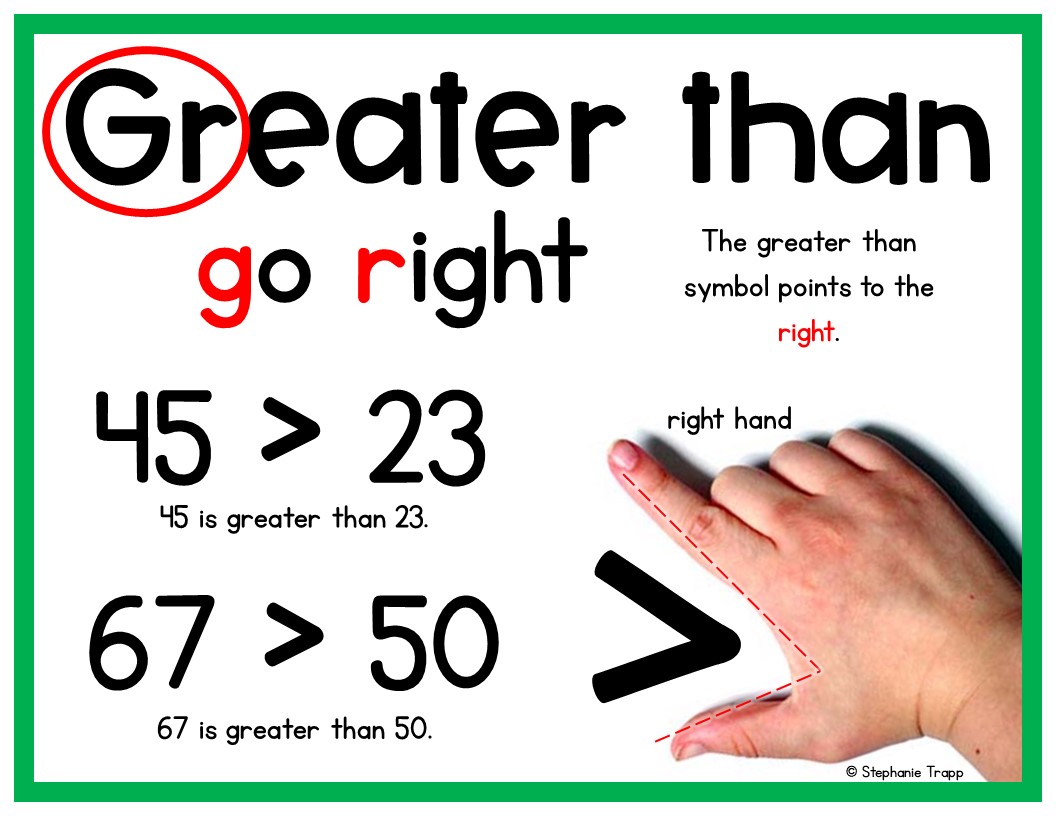The Bahá’í teachings espouse profound insights that resonate with various aspects of human experience, particularly the philosophical dichotomy between being good and being great. While greatness often entails achievements, recognition, and monumental success, the essence of goodness lies in the subtleties of moral character, ethics, and altruism. This exploration of the concept “Greater than Great: Why It’s Harder to Be Good Than to Be Great” delves into the core teachings of the Bahá’í faith while illuminating the complexities of moral and ethical human conduct.
At the outset, it is imperative to delineate what it means to be ‘good’ versus ‘great.’ Greatness is frequently associated with external validation. Individuals who attain greatness often possess lofty ambitions, exceptional talents, or noteworthy accomplishments, allowing them to stand out in society. Conversely, goodness pertains to the internal moral compass guiding one’s behavior; it encompasses virtues such as compassion, humility, and integrity. In a modern context, where competition burgeons and societal pressures mount, the pursuit of greatness can easily overshadow the intrinsic value of goodness.
The teachings of Bahá’u’lláh offer a potent critique of the glorification of personal greatness, urging followers to prioritize moral rectitude over mere accolades. The notion of ‘greater than great’ posits that true fulfillment originates from embodying virtuous qualities rather than collecting trophies. In a world ensconced in materialism, this perspective is particularly poignant. It prompts reflection on the nature of personal success, challenging individuals to assess the moral implications of their aspirations.
To grasp the complexities of this teaching, one must recognize the interrelationship between greatness and goodness. While the two coexist, they often diverge in their impact. The journey to personal greatness can corrupt one’s virtues, leading to ethical compromises in the relentless pursuit of success. This paradox emphasizes the struggle inherent in maintaining sincerity and ethical integrity against the allure of fame and achievement.
Moreover, the Bahá’í principle of unity posits that individual greatness is inextricably linked to the greater community. The pursuit of goodness, as fostered by Bahá’í teachings, encourages individuals to act in ways that contribute positively to society at large. In this light, the act of being good transforms into an investment in communal well-being: a commitment that transcends the self. This facet challenges the prevalent narrative of individualism in contemporary culture, illustrating that authentic greatness emerges not from self-serving pursuits, but from selfless, compassionate actions directed towards others.
Additionally, the Bahá’í teachings place great emphasis on the concept of service. Serving others cultivates personal growth and character development. As individuals engage in acts of service, they encounter opportunities to manifest virtues such as empathy, patience, and generosity. These are the hallmarks of goodness, foundational attributes that enhance moral character. Consequently, the act of serving emerges as a vehicle to forge deeper connections with others, as interpersonal relationships are nurtured through selfless interactions.
The path to goodness is indeed arduous, requiring a commitment to introspection and emotional resilience. In a world predominantly aggrandizing achievements, it is counterintuitive and challenging to uphold moral integrity. This tension is magnified when individuals are faced with dilemmas that test their values. Striking a balance between personal ambition and ethical commitments necessitates considerable reflection and personal sacrifice.
Furthermore, the importance of education and continuous learning is woven into Bahá’í teachings. Knowledge, when aligned with virtue, serves as a powerful catalyst for moral action. Engaging in scholarly pursuits not only sharpens the intellect but also enhances one’s capacity for making ethical decisions. The encouragement to seek knowledge cultivates an informed populace capable of distinguishing between right and wrong, thus fostering a culture where goodness is celebrated and nurtured over mere greatness.
The avenues through which individuals can cultivate goodness are manifold. From self-reflection practices such as meditation and prayer to the cultivation of emotional intelligence and the fostering of community relationships, the Bahá’í teachings articulate numerous methodologies for individuals to engage in the profound journey of moral growth. Each of these practices reinforces the idea that the pursuit of goodness is a lifelong commitment rather than a transitory goal.
Moreover, one cannot overlook the spiritual dimensions associated with Bahá’í teachings. Spirituality enhances the moral fabric of personal character. This facet encourages individuals to transcend their material desires, urging them to connect with a higher purpose and embrace the transcendent. In fostering a deep spiritual connection, individuals find the strength necessary to meet the challenges posed by moral dilemmas, aligning their actions with their core values.
Ultimately, the journey toward goodness is replete with challenges, yet it is precisely these challenges that define the moral character of individuals. The notion that “it is harder to be good than to be great” serves as both a reflection and a litmus test of one’s values, urging individuals to aspire to the noblest forms of human existence. As one traverses this intricate path, the fulfillment derived from embodying goodness far surpasses the fleeting validation associated with greatness.
In conclusion, the teachings espoused by the Bahá’í faith illuminate the noble pursuit of goodness, portraying it as both a complex and meaningful endeavor. By embracing the values of altruism, service, and moral integrity, individuals can navigate the intricate relationship between personal ambition and ethical commitments, ultimately realizing that true greatness is intrinsically rooted in the fabric of goodness.
